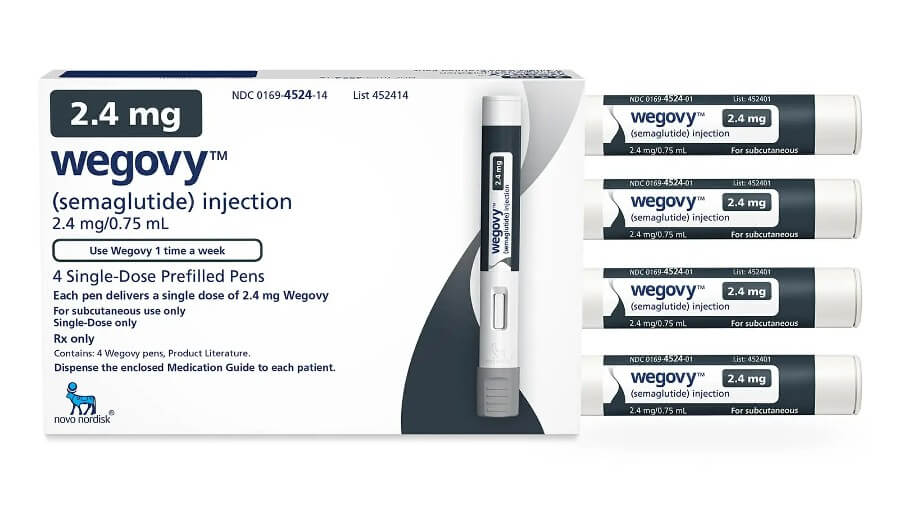A new study presented at the American Society for Metabolic and Bariatric Surgery (ASMBS) 2024 Annual Scientific Meeting suggests that a combination of GLP-1 agonists taken before metabolic and bariatric surgery may help patients with extreme obesity lower the risk of post-operative complications. The findings offer hope for individuals with a body mass index (BMI) of 70 or more, who face a higher risk of complications from surgery compared to patients with lower BMIs.
The study, led by Phil Schauer, MD, Director of the Metamor Metabolic Institute at Pennington Biomedical in Baton Rouge, examined 113 patients with BMI >70 who attempted to lose weight prior to metabolic and bariatric surgery using either medically supervised diet and exercise, a single GLP-1 medication (mostly semaglutide), or multimodal therapy of more than one GLP-1. Patients were treated for an average of 72.9 days.
Combination Drug Therapy Leads to Greater Pre-Surgery Weight Loss
The results showed that individuals on multiple medications had the greatest percentage total body weight loss (13.1%), followed by single GLP-1 therapy (8.14%) and diet and exercise (5.95%). BMI reductions were highest for those treated for six to 12 months with combination drug therapy.
“Combining anti-obesity medications may achieve much greater pre-surgery weight loss than other methods for those with extreme obesity,” said Dr. Schauer. “Many patients who would otherwise be considered ‘too sick for surgery’ may now qualify.”
Obesity’s Impact on Health and the Need for Multiple Therapies
According to the ASMBS, nearly 280,000 metabolic and bariatric procedures were performed in the U.S. in 2022, representing only about 1% of those who meet eligibility requirements based on BMI. The U.S. Centers for Disease Control and Prevention (CDC) reports that obesity affects 42.4% of Americans, and studies show that the disease can weaken or impair the body’s immune system, cause chronic inflammation, and increase the risk of many other diseases and conditions, including cardiovascular disease, stroke, type 2 diabetes, and certain cancers.
“More studies are needed to determine the optimal role of GLP-1s before and after metabolic and bariatric surgery among different patient groups,” said Marina S. Kurian, MD, ASMBS President and Clinical Professor, Dept. of Surgery, Division of Bariatric Surgery, who was not involved in the study. “Obesity must be viewed like other chronic diseases where sometimes more than one therapy is necessary over time and for different reasons.”
Metabolic, bariatric, or weight-loss surgery such as gastric bypass and sleeve gastrectomy has been shown to be the most effective and long-lasting treatment for severe obesity. These operations improve or resolve diseases including type 2 diabetes, heart disease, and high blood pressure, and lead to significant and durable weight loss. The safety profile of these procedures is comparable to some of the safest and most commonly performed surgeries in the U.S., including gallbladder surgery, appendectomy, and knee replacement.
If our reporting has informed or inspired you, please consider making a donation. Every contribution, no matter the size, empowers us to continue delivering accurate, engaging, and trustworthy science and medical news. Independent journalism requires time, effort, and resources—your support ensures we can keep uncovering the stories that matter most to you.
Join us in making knowledge accessible and impactful. Thank you for standing with us!

